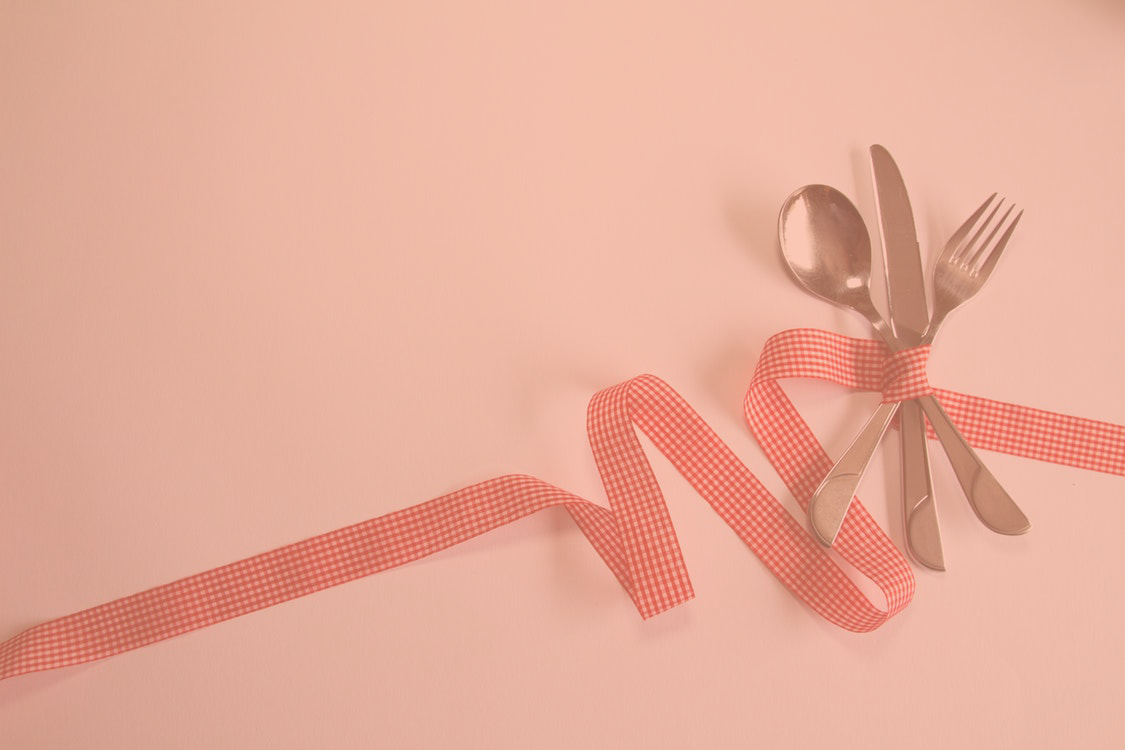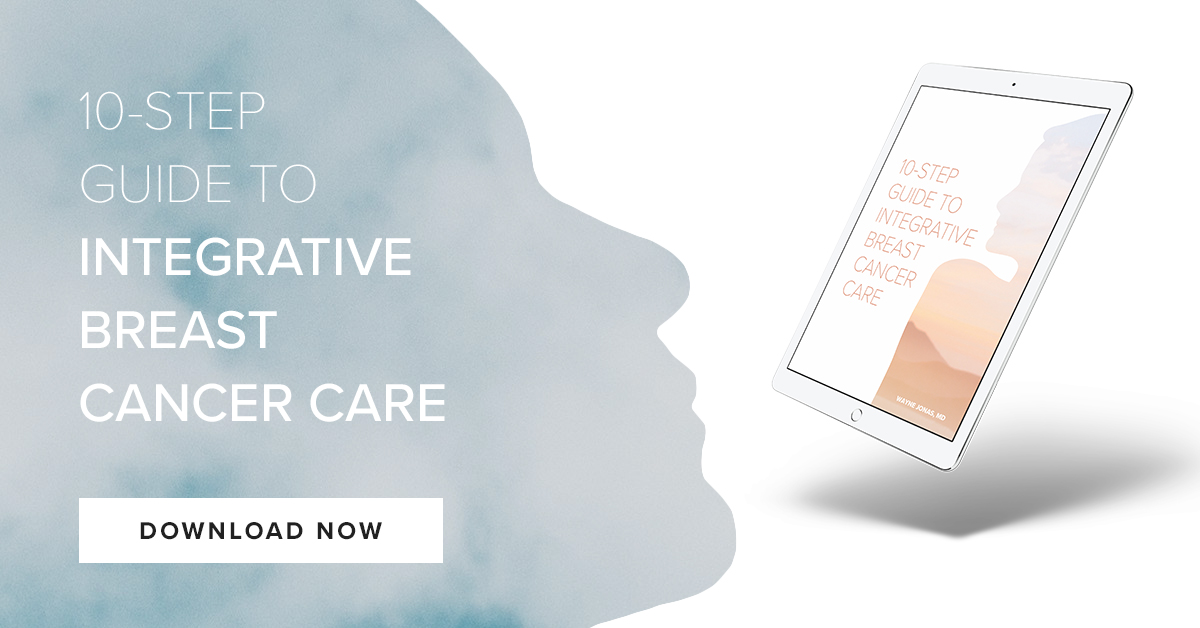Breast cancer treatments like surgery, radiation therapy and chemo put a lot of demands on your body. Treatments and their side effects can affect the way you eat and how your body tolerates certain foods and uses nutrients. During many breast cancer treatments, you need extra calories and protein to keep your weight up and heal faster. Each woman with breast cancer has different nutritional needs. Cancer survivor, Jenny Leyh, explains how to navigate through all of the nutritional information out there and how to find the one best for you.
As a cancer survivor, staying healthy is at the forefront of my mind. But keeping on top of trends in nutrition, let alone truly understanding what is healthy, is overwhelming. And, it seems that the information is constantly changing. There are so many dietary trends out there—Atkins, Paleo, low fat, high fat, vegan, etc. Who’s to say which is best?
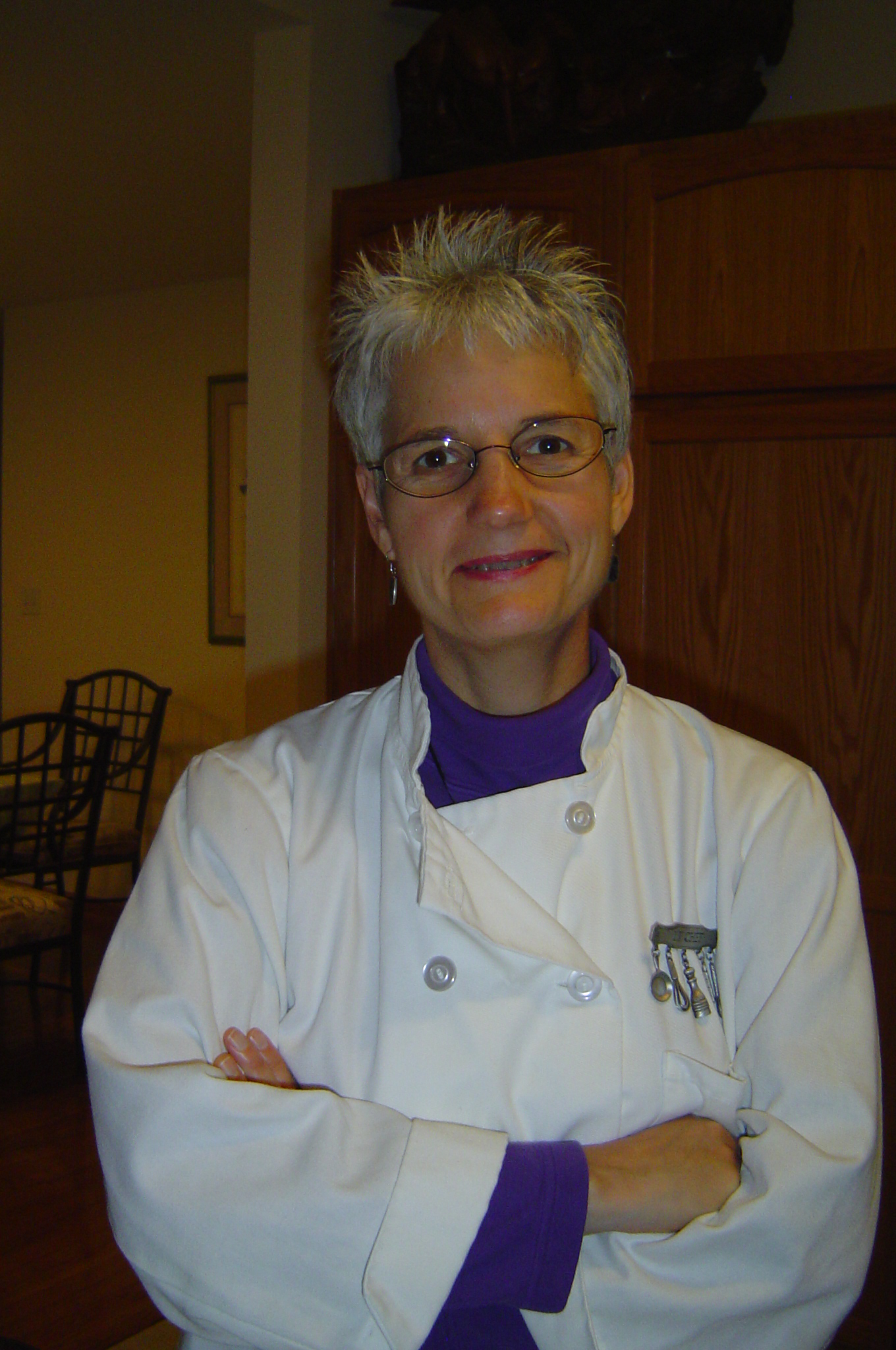
When it comes to health and nutrition, nothing is more off-putting than a source that comes off as “preachy.” We all have unique individual biological makeup, and what works for some may not work for others. We want good science as a guide, but the science seems to change almost as often as the latest dietary trends. Laura Pole, RN, MSN, OCNS, prefers to simplify things a bit, instead emphasizing the nourishment of food. An oncology nurse and health supportive chef, Pole is now Director of Nourishment Education Programs and Head Chef for the Cancer Help Program retreats for the Smith Center for Healing and the Arts in Washington, D.C.
“You can take in a nutritious diet but it still not nourish you because maybe something is a little off and you’re not able to digest things well, for instance. Or you don’t enjoy it,” said Pole. “I use the term nourishment to encompass nutrition—but nourishment is so much more than that. It includes not only taking in nutrients but also how the food is prepared, how it looks, tastes and smells, when and where it’s eaten and with whom, how it makes you feel. It’s everything around food that ultimately nourishes you.”
During my chemotherapy treatment, like many other cancer patients, I was advised to stick to bland foods that wouldn’t upset my stomach and eat whatever I could keep down. The advice was practical and aimed at maintaining a baseline level of nourishment for strength since chemotherapy reactions are highly subjective and there was no telling how my body chemistry would be impacted by the drugs. But that was really the extent of the advice I received on nutrition at that point.
For Keith Block, MD, Medical and Scientific Director of the Block Center for Integrative Cancer Treatment in Chicago, Illinois, the connection between nutrition and medicine is more powerful than that, and often not levied to its fullest extent. Patients under the care of the Block Center undergo extensive testing to map out their body chemistry.
“Within our [healthcare] system, our model is topsy-turvy. We start off with this idea of disease care first and healthcare as an afterthought, instead of really developing a healthy foundation first and then superimposing selective cancer treatments for the needs of the patient on top of that.
If you don’t pay attention to what the patient is eating and the effect that has on inflammation and other biological processes, you reduce the effectiveness of the drugs. Failure to pay attention to diet and lifestyle,” said Dr. Block, “can actually increase toxicity, and even enhance cancer resistance so that the drugs won’t work as well as or as long.”
Wayne Jonas, MD, author of How Healing Works and president of Healing Works Foundation, explains the perils of inflammation and oxidation, and how certain foods can combat those assailants.
“If you can reduce the level of chronic inflammation in your body, then it’s less likely that you’ll produce a microenvironment in which cancer can develop and grow. Fruits and vegetables have high anti-inflammatory components, as do many spices. Increasing that in the diet can lower inflammation in the body. On the other hand, certain foods like sugar increase inflammation. Another example is that we all need oxygen for life, but oxygen also produces oxidation, which causes damage to our cells. So, we need factors in our body to keep the damage from oxygen down – those are called antioxidants. And guess what? Fruits and vegetables are high in antioxidants,” said Dr. Jonas.
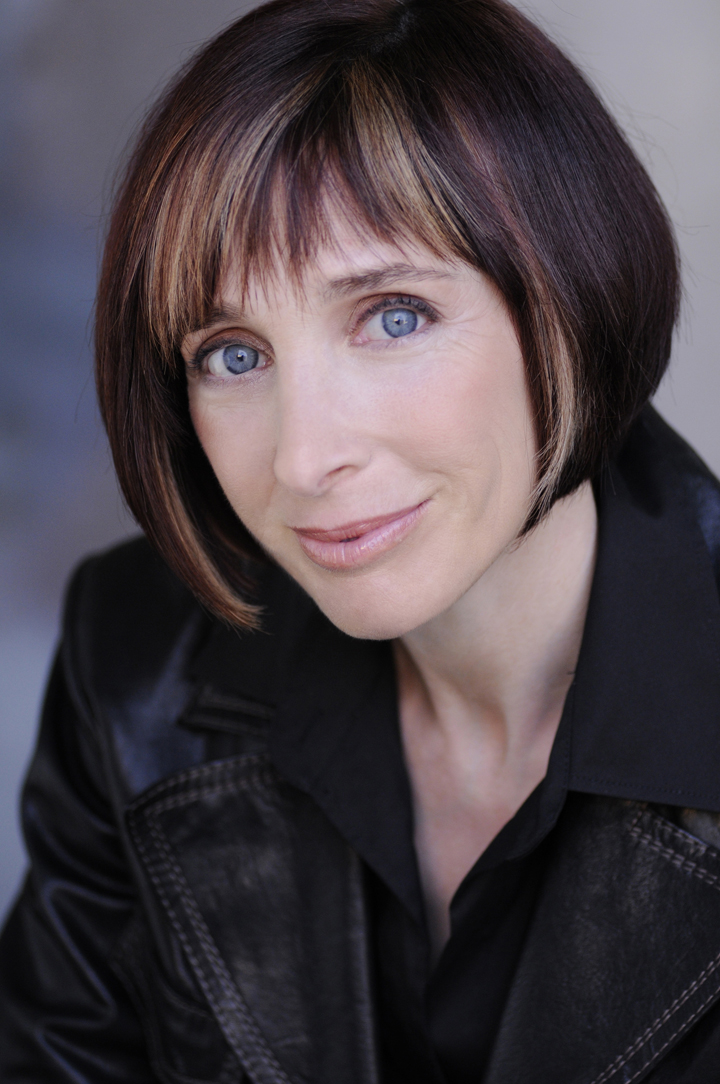
Having survived cancer and gotten through treatment, I’ve started to see food differently. It’s nourishment, of course. But it’s also medicine, and it’s even a preventative measure. In particular, Rebecca Katz’s Cancer Fighting-Kitchen inspired me to look at food as a way to feel better, prevent a recurrence and reduce my risk of other illnesses.
“Nutrition and food can really be a game changer for your health,” said Katz. “It’s my job is to translate nutritional science to the plate for my readers and those people who are dealing with chronic illness. Everyone on their journey towards health and wellness can feel nourished and empowered by food.”
In addition to being something that fuels us physically, the food we eat often carries a deeper impact. In his book How Healing Works, Dr. Jonas talks about the emotional connection of food.
“Food is loaded with meaning and emotion. Food is family, tradition, and comfort; sometimes we even use food to self-medicate.” He recommends: “Know why you eat, and make eating to fill physical hunger or to enjoy taste—not to dispel sadness or treat pain.”
Maintaining healthy habits doesn’t need to be intimidating. And if you believe you have “slipped up,” be reasonable and forgive yourself. We all have days when we need that glass of wine, or when that cupcake is too enticing to pass up, or when you just don’t have the time or energy to make a home-cooked meal. Keep the long-view and enjoy those moments without feeling guilty.
As Katz also points out, “you can have all the nutritional facts and all the science in the world but, at the end of the day you’ve got kids, you’ve got a life. You just have to get food on the table.”
Moving toward strict diets—like going vegan or cutting out all sugar—may work for some people. If they work for you, that’s great. I know they wouldn’t work for me, because I know that I wouldn’t be able to keep them up for a long period of time. It’s hard enough keeping up with a toddler. Setting realistic goals that are attainable and sustainable will help ensure long-term success.
Here are a few tips to get you moving in a better direction:
- Not everything has to be organic. Follow the Environmental Working Group Clean 15 Dirty Dozen app for updated lists of fruits and vegetables that contain the most pesticide residue.
- Get organized—plan out the meals for the week! This one is key for me. No one wants the pressure of throwing together a meal at the end of a long day at the office. Use an erasable calendar to plan meals for the week and to keep a list of any ingredients that may be needed.
- Prep veggies shortly after returning from the grocery store. Slicing and dicing is a pain, but it only takes about an hour to chop the veggies from your recent shopping run that you’ll need throughout the week. Making time upfront to chop and store will save lots of time later!
- Have fun in the kitchen! Explore new foods and incorporate herbs and spices for flavor, as well as for nutrition. Get the family involved. Young kids love to cook!
- Find an activity you enjoy! Whether it’s a walk in the park, yoga, running, water aerobics or a contact sport—just get moving!
Jenny Leyh is a mother, cancer survivor and freelance writer living in Baltimore, Maryland. To read more about her story, visit: http://jennyleyh.com/
Be sure to read all of Jenny Leyh’s Cancer Series at the links below:
-
Cancer Series Part I: An Integrative Approach to Cancer Care
-
Cancer Series Part II: Healing vs. Curing After Cancer Treatment
-
Cancer Series Part IV: How to Build Your Stress Response Muscles During Recovery From Breast Cancer
-
Cancer Series V: How to Heal After the Physical and Emotional Trauma From a Cancer Diagnosis
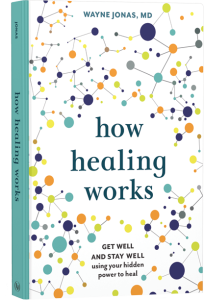 Take Your Health Into Your Own Hands
Take Your Health Into Your Own Hands
Drawing on 40 years of research and patient care, Dr. Wayne Jonas explains how 80 percent of healing occurs organically and how to activate the healing process.

